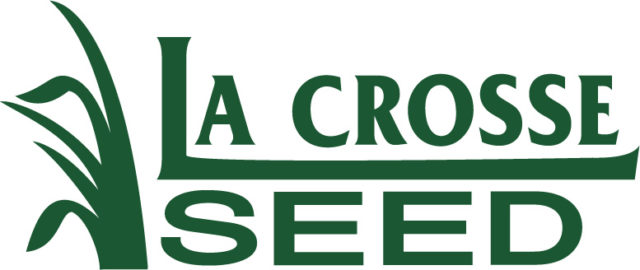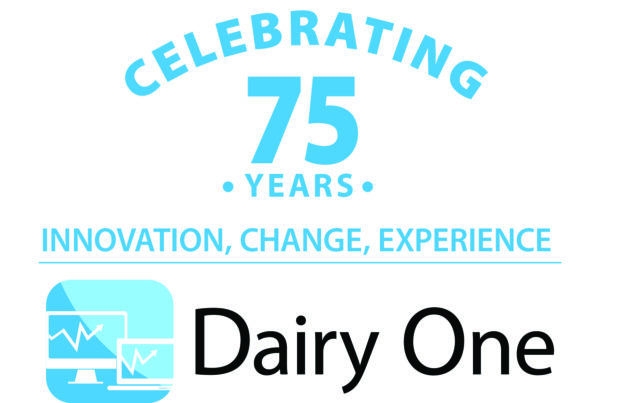The car my grandkids call the “church” car is my 18-year-old Lincoln Town Car. I’ve reworked the front seats so they are a little higher and a lot farther back than stock. It fits me.
It seldom needs oil between oil changes, and most things on it work. It’s paid for, and nothing newer that I fit in will get any better gas mileage. I’m grateful to have it. I can’t sit up in the new 500-horsepower Mustangs anyway.
If you planted winter wheat “in the dust,” then you look at the rain as a blessing. If you have 640 acres of fourth-cutting alfalfa on the ground ready to bale in two more days, then the rain is not a blessing.
It has been stated that life on this planet is possible because of an average of 2 inches of topsoil and the fact that it rains.
These are troubling times for our country. Perhaps it’s time to change our perspective and look at what’s right with our country, our state, our county, our town and our lives.
My wife is the honcho of our local volunteer ambulance. The part of an ambulance call that I avoid like the plague is doing the paperwork.
Part of it is billing information, including patient miles traveled and supplies used, and any insurance the patient may have. Even though we are all volunteers, there are still bills to pay to keep the ambulance operable.
And what happens if the patient has no insurance and no ability to pay? First of all, we don’t ask about ability to pay before we render the service needed.
When we get to the hospital, one team deals with the patient and the patient’s needs, getting the x-rays, surgeries, bandages or whatever they need going.
The other team gathers information as to who is going to pay for all of this. The two teams never talk to each other until after the medical treatment ceases to be an emergency.
Every medical facility in the country is required by law to provide necessary medical care regardless of the patient’s ability to pay for those services. How do they afford this? They adjust the rates they charge so that they can also pay their own bills.
In plain language, those with insurance or who can pay, even with great difficulty, pay enough more than their own treatment costs to cover the required indigent care.
Fairness becomes a matter of perspective. Of course, I would like my medical bills to be less. The leveling factor is that the medical community, so far, has not been required to hand out elective procedures, such as facelifts, various augmentations and other cosmetic enhancements to those unable to pay for them.
This sorts out to: If a child breaks an arm, and Dad is not to be found and Mom is feeding four kids on minimum wage, then you and I will most likely share that bill indirectly.
But if that child’s mom decides she would like to fit into a larger size of intimate underwear, sorry, she’s on her own.
The system works. No one is denied what they need, and no one has to pay for what someone else only wants – and with minimal government bureaucracy.
So what is perspective? I recall a video some years back that showed a group of youth rafting down a river. The experienced man at the helm was pushed out of the way so the guys could go through some “real” rapids.
The raft capsized, and a couple of the riders got caught in a whirlpool and almost didn’t make it out alive. Later, while standing on the bank, the one who took over the steering of the raft could clearly see the whirlpool, which was not visible from the surface of the river.
Is perspective the view from where you are standing, or is it the view from where you have been and what you have experienced in life? Consider the following true story:
During World War II, a Dutch family who were devout Christians began hiding Jews and others the Nazi invaders had sought. Eventually arrested, most of the family did not survive.
Corrie ten Boom, who had her 50th birthday during the war, did survive. Of the people the family had a hand in helping, all but one elderly woman survived the war.
Among her experiences at the hands of the Nazis was one that, by itself, tells volumes about the ten Boom family’s perspective on life and adversity. Corrie and her sister witnessed another female prisoner, tied to the ceiling by her wrists naked, being whipped by one of the female guards.
The ten Boom sisters’ discussion was one of greater concern for the person who was doing the whipping rather than for the one being beaten.
They were appalled at her actions, which they understood she would eventually be held accountable for, and not by mortals.
To Corrie ten Boom, even though she lost most of her family, it was the Nazis who had the problem. What happened to her and her family didn’t matter.
On December 28, 1944, the Germans released Corrie ten Boom. It turns out that had been due to a clerical error. Her comment – “God does not have problems – only plans.”
I have always been amazed at the mindset of this remarkable woman.
Tragedies and injustices go on all around us. The fact remains that all of us are mortal. We get sick. We get hurt. We make choices that have consequences.
Some of those around us seem to prey on the rest of us. And somehow, the fact that life isn’t fair becomes the one thing that makes the big picture fair for all mankind.
None of us knows how long we have to say “I love you” to friends and family, nor do we know how long we have to say “Please forgive me” to those around us. Nor do we know how long we have to make a difference in the lives of others.
We can make more difference in the lives of those around us by helping them with the perspective of life than by giving them money and things.
Some of us can be in what appears a hopeless situation and calmly plan how to get out of it, how to proceed with life. Others, faced with minor inconveniences, are totally overwhelmed.
A smile and a few kind words of encouragement may be all it takes to make someone realize that there is a way out, there is hope. Carry on. FG










